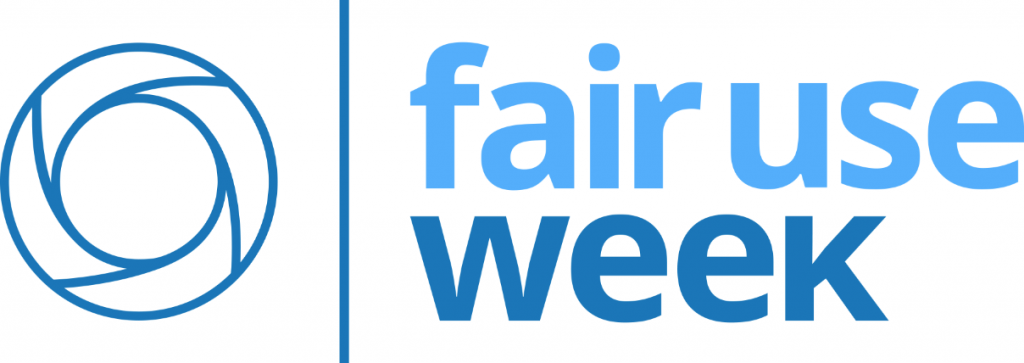Copyright Filtering Mechanisms Don’t (and can’t) Respect Fair Use
Copyright
During Fair Use Week organizations and individuals are publishing blog posts, hosting workshops, and sharing educational resources about the implementation and importance of this essential limitation to the rights endowed by copyright. Fair use (and in other countries, the related “fair dealing”) is a flexible legal tool that permits some uses of copyrighted material without permission from the original rights holder, such as for use in news reporting, criticism, teaching, and other reasons.
Fair use and fair dealing are both a part of the larger constellation of limitations and exceptions to copyright. These limitations are a necessary check on the exclusive rights granted to copyright holders, and it’s important to expand and strengthen limitations and exceptions through fundamental copyright reform in order to protect the rights of the public in accessing and using creativity and culture.
We continue to support ongoing efforts to reform copyright law to strengthen users’ rights and expand the public domain. Last year the European Commission, the executive branch of the European Union, introduced its proposal for a Directive on copyright in the Digital Single Market. We’ve been working with Communia and other organisations to support positive changes to the EU copyright regulation, especially in promoting limitations and exceptions to the copyright rules that benefit users’ rights and the public interest.
How well does the Commission’s proposal balance the rights of content creators with the rights of the public? The answer: poorly. There are well-intentioned but flawed proposals for exceptions on digital education and text and data mining. Now the relevant committees are providing feedback and amendments to the original proposal, and the Committee on Culture and Education might be listening to the suggestions from civil society organisations. Its draft opinion suggests the introduction of additional exceptions for User-Generated Content, and Freedom of Panorama. These could help correct some of the imbalance in the Commission’s plan.
But perhaps the most troubling aspect of the proposal is Article 13, the section of the Commission’s legislation that would set up a preemptive copyright filtering mechanism for user contributed content. The Commission proposes that information society service providers (ISSP) that store and give access to copyrighted materials that their users upload must take specific measures to ensure that these materials do not contain other rightsholders’ works. In other words, ISSPs will need to adopt technology that would effectively recognize and prevent uploads of any content that includes even fragments of videos, music, pictures, and any other type of work that belongs to someone other than the person sharing it.
The filter mechanism would apply to all user-uploaded content. It would operate blindly—which means it couldn’t tell the difference between a piece of content being shared improperly and a piece of content being shared under an existing exception to copyright. As Communia wrote last week, upload filters don’t—and can’t—respect user rights:
Upload filters cannot recognize existing freedoms such as the right of quotation or parody. The draft opinion ignores case law of the Court of Justice of the European Union that states that monitoring content is in breach with freedom of expression and privacy.
This type of “shoot first, ask questions later” filtering approach is detrimental to users and could lead to a chilling effect on those who would otherwise attempt to use copyrighted content under an exception to copyright. The Commission’s proposal and the draft opinion of the Committee on Culture and Education suggests that the responsibility should be on users to complain if their content is taken down. This is an unfair burden.
The collateral damage to user rights associated with filtering mechanisms is not a new problem. For years platforms such as YouTube have struggled with how to fulfill their legal obligations to remove protected content posted without the permission of the copyright holder, while at the same time attempting to take into consideration that some uses of works are made under fair use or another exception to copyright.
As we continue the fight for sensible copyright reform in Europe, we know that any EU legislative requirement aimed at addressing the unauthorized use of third-party content needs to fully respect the freedoms enshrined by exceptions and limitations to copyright.
Posted 22 February 2017